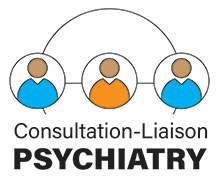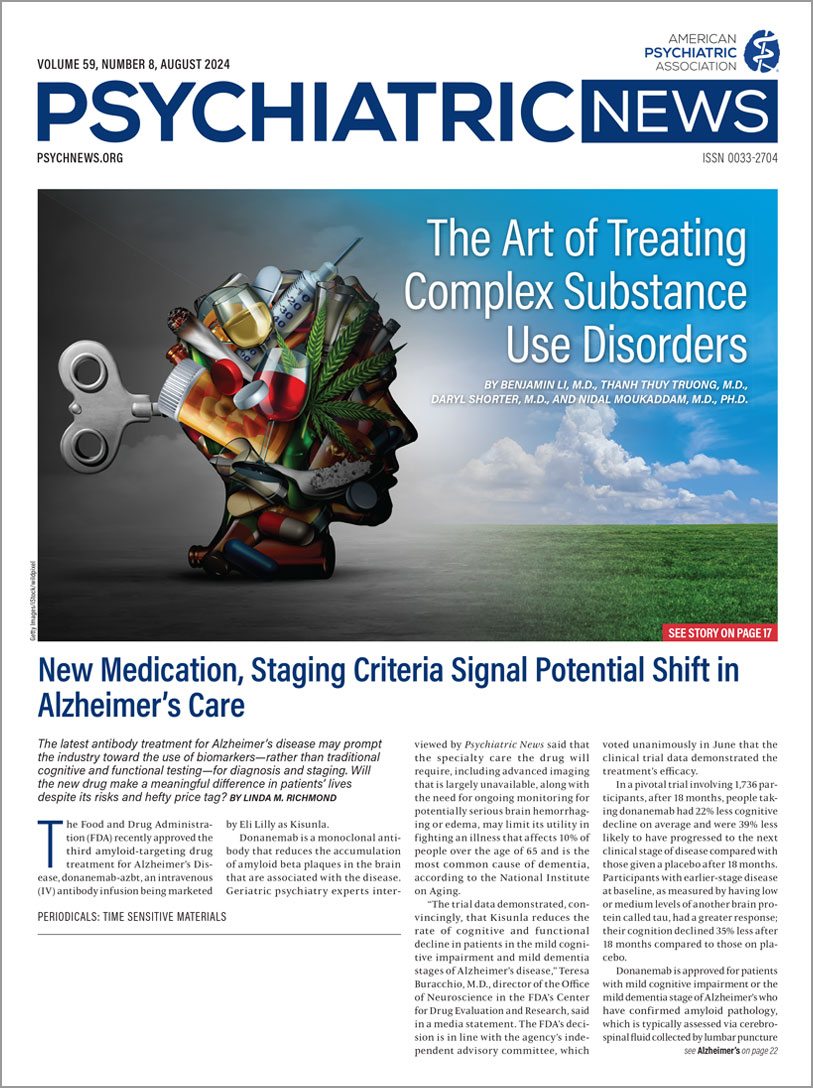Consultation-liaison (C-L) psychiatrists are often an integral part of the medical care for hospitalized patients nearing the end of their lives. During this time, many people attempt to make sense of their lives as they face the unknown abyss of death. They often organize their inner experience in the context of spiritual or religious beliefs regardless of whether they are a “religious” person. At times, these existential struggles can result in feelings of sadness, anxiety, and/or social withdrawal, leading medical teams to request a consultation by C-L psychiatry. C-L psychiatrists can work with patients to facilitate their contemplation of their religious or spiritual beliefs, which may enhance their mood and outlook at this difficult time.
Consider the role of the C-L psychiatrist in the following case:
Mrs. J was a 71-year-old Catholic widow with a history of metastatic ovarian cancer who was admitted for failure to thrive. She was found to have a urinary tract infection and mild delirium. After treatment with intravenous antibiotics, she gradually improved. While her alertness returned to baseline, she continued to be withdrawn and interacted minimally with the medical staff. Her sister told the team that Mrs. J had been depressed for some time before her hospital admission. The medical team consulted the C-L psychiatry service.
Despite some reluctance, Mrs. J agreed to speak with the consulting psychiatrist. She spoke of her disappointment regarding her cancer. After her initial surgery, the surgeon had told her “you’re cured.” However, two months later she was found to have widely metastatic disease. Mrs. J felt this was “very unfair.” She had been a devout Catholic her entire life but felt angry with God for “giving me cancer.” She also quietly worried that her disease may even be punishment for “my sins.” Frustrated and scared, she had stopped attending church services and stopped communicating with her church community.
Simply being able to talk about her religious distress with a medical professional provided comfort to Mrs. J. With her permission, the Catholic priest on the hospital chaplaincy staff was invited to speak with her. After several conversations, Mrs. J felt comforted and less anxious, and her mood began to brighten. The only psychiatric medication prescribed was methylphenidate for cancer-related fatigue. She was discharged to home hospice and passed away several weeks later.
Discussion
A connection to the non-physical/transcendent is a common way in which most Americans organize their inner lives. For example, a
2023 Gallup Poll found that 82% of Americans identify as “religious,” “spiritual,” or “both.” Even when religion or spirituality has not been a prominent feature of people’s daily lives, that often changes at the end of life.
For some people, a connection to religion/spirituality provides comfort and peace of mind. It can promote positive views of the self; for example, seeing oneself as connected to a higher power. This connection can also provide coping mechanisms in times of distress. Believing in a concerned God can provide great comfort, along with a sense of meaning that may help patients transcend their physical impairments. Furthermore, people with religious lives are often connected to a community that provides both emotional support and practical assistance.
In contrast, active religion/spirituality can also cause people great distress, even anguish. For example, patients may believe that some of their past actions are unforgivable and dread what will happen after death. Or they may believe that their illness is a punishment for past transgressions. Some people may even engage in compulsive religious behavior that impairs their ability to cope (for example, prolonged devotional activities or self-harming behaviors). Lastly, people may feel rejected by their religious community, which may not only add to their distress but also remove important social supports from their lives.
These negative effects of religion/spirituality can manifest in a variety of psychiatric symptoms—including depressed mood, anxiety, or even psychosis. In these cases, it is important to differentiate between a symptom of a mood or anxiety disorder and an expression of religious/spiritual crisis. Yet physicians are often hesitant to engage patients in discussions of religious or spiritual beliefs or meaning-making. And patients often take their cues from the medical team and do not raise these concerns themselves, leaving them feeling isolated.
By engaging patients in a spiritual history, the consulting psychiatrist adds this dimension to the diagnostic interview, incorporating an important aspect of their lived experience. In doing so, psychiatrists not only normalize these conversations for patients, but also model how to do so for other medical and nursing colleagues. This can reduce anxiety for everyone involved and often prompts fruitful collaborations with hospital chaplains and the patient’s religious community.
Conclusion
It is important for medical teams to incorporate a patient’s religious and spiritual beliefs in their clinical care. C-L psychiatrists can often provide leadership and guidance in doing so. ■


